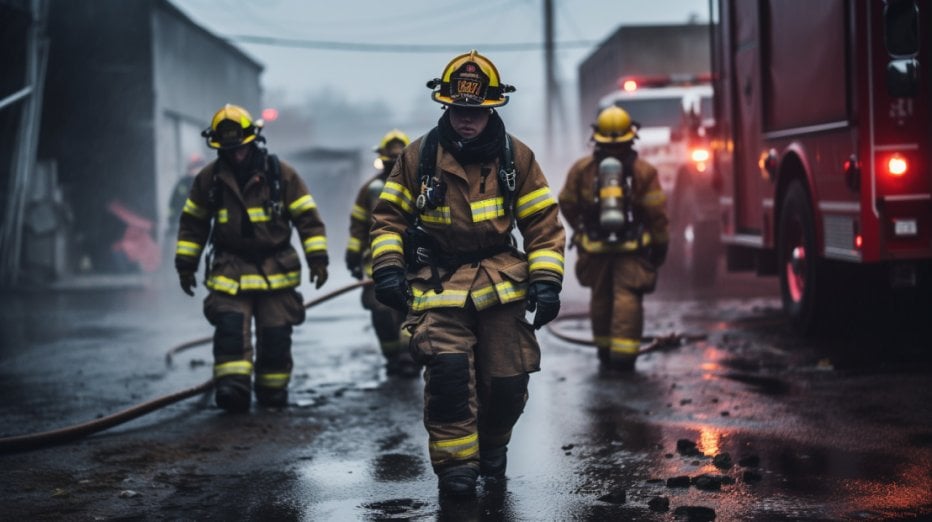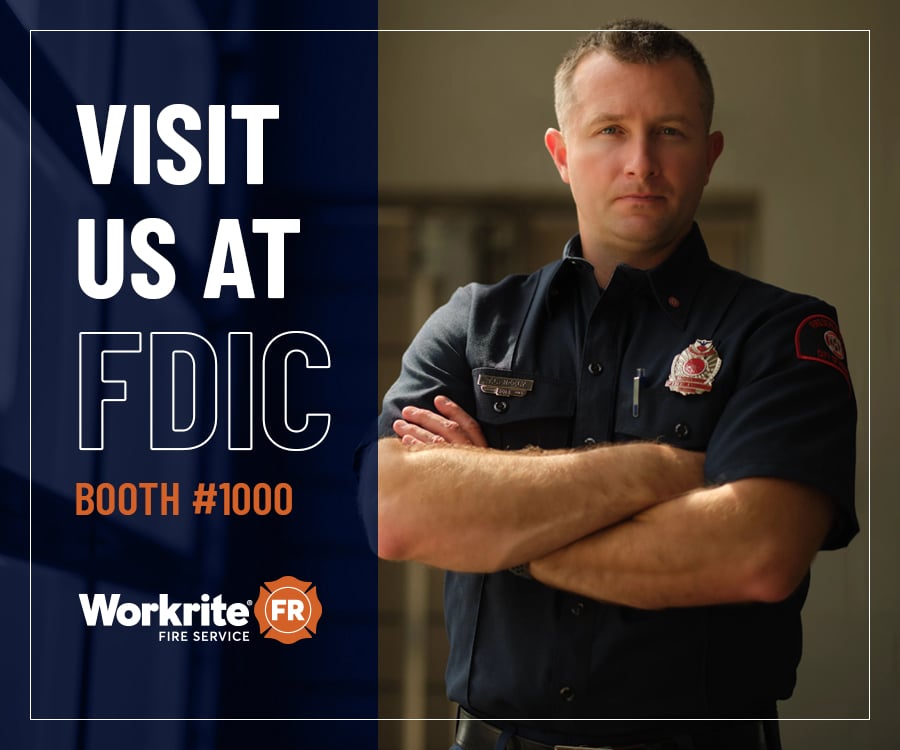Performance Anxiety: The Real Reason Your Training is Impacted

By Steve Gillespie
Performance anxiety is the fear that our mind creates about performing a task, even to the point of paralysis. Sometimes this occurs long before the task has even begun. So how does one overcome this feeling? We overcome it by training. The dilemma is that it may be the training itself, or lack of it, that causes this condition.
Somewhere in the past, society decided that anyone could be a firefighter. I call BS! Not everyone can be a doctor, a lawyer, or a pilot. The thought that because it is a government, civil service occupation, and everyone should be afforded the opportunity to serve is wrong. Should everyone have an opportunity, absolutely, but the opportunity to apply and test for a position is not the same as obtaining a position during a highly competitive hiring process. Stop lowering standards to compete for an occupation that can kill you. This diminishing of the benchmarks for hiring leads to a sub-par pool of candidates that increases the possibility that we hire people who will experience performance anxiety.
A favorite quote of mine from Sir Winston Churchill speaks about how at any moment one can be “tapped on the shoulder” to perform a task. The second part of this quote speaks of what a tragedy it is if we are not able to perform. Here is how that relates.
Shouldn’t our training prepare us?
The fire service has made training so safe that when we are called upon to do our jobs, our training has not prepared us. It is impossible to teach recruits fire behavior in a concrete building or Conex box using hay and pallets or propane. Remember in recruit school at your first live burn when the instructor told you not to put the fire out because it would be too difficult to light for the next group? Well, guess what will happen at that recruit’s first fire? They will either mimic the training that they have had or not perform at all because of performance anxiety and never being in that environment before. Anxiety must be included in training because of the environment we work in. But instructors today are not allowed to induce anxiety. Whether it is caused by an instructor or the student has everything to do with the type and level of training your department allows you to conduct.
I am all for the crawl, walk, and run method of instruction to allow the students to become comfortable with a skill before performing it live. The problem with not learning under stressful conditions is it will not allow the student to perform under stressful conditions when they are called upon to complete a task on the fireground. The training ground can never recreate the amount of stress you will feel when a parent screams at you that their child is still trapped inside the fire building. But the inability to overcome this scenario will have deadly consequences if the firefighter has never operated in even some type of simulated stress conditions.
Developing an unconscious competence
This occupation requires training so in-depth and realistic that our bodies take over. Unconscious competence is a skill that we should strive to achieve. RPDM (Recognition Prime Decision Making) can only be developed through training or real-life experiences. It’s time for fire departments to do everything they can to reduce the possibility of a firefighter experiencing performance anxiety leading to the real reason your training is impacted.
Steve Gillespie recently “officially” retired after over 39 years in the fire service in both volunteer and career departments. His last position was as a Battalion Chief with the City of Goose Creek (SC) Fire Dept. Previously he was a Captain in the training division with the North Charleston (SC) Fire Dept. where, for six years, he coordinated the Charleston County Joint Recruit School. Steve moved to South Carolina with his family in 2016 after retiring from the FDNY (Fire Dept. City of New York) finishing his over 21-year career as a Lieutenant in Engine 43.
Podcast
Contests & Promotions
















